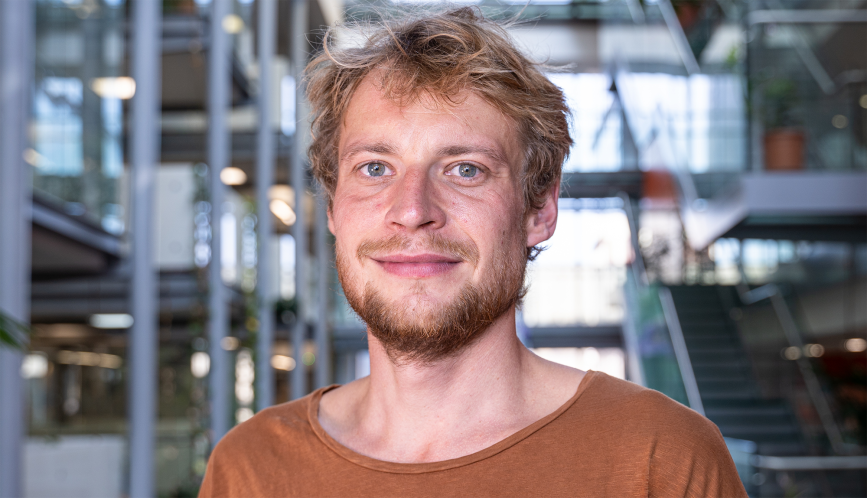HCEO is pleased to award its 2021 Dissertation Prize to Paul Hufe for his broad-ranging work on equality of opportunity.
In recognition of his work, Hufe will receive a $1,500 prize, and will visit the University of Chicago to give a lecture on his winning dissertation.
In three chapters, Hufe’s dissertation, "Essays on Equality of Opportunity," proposes new measures of inequality of opportunity and identifies the causal factors driving increases in inequality. Hufe situates this work within a wider literature on distributive justice, and in particular on the inequalities that result from conditions arising from circumstances that the individual does not control.
Hufe implements a new measure of unfair inequality based on two popular fairness principles: equality of opportunity and freedom from poverty. Empirical application of this measure to US data shows that that unfair inequality matches the well-documented inequality growth since 1980.
Hufe also explores the use of machine learning methods to estimate inequality of opportunity and finds they represent a substantial improvement over standard estimation approaches. Machine learning methods reduce ad-hoc model selection and improve estimates by trading off upward and downward bias.
The dissertation also identifies a potential cause of inequality of opportunity. Hufe studies how changes in the gap between parents’ wages affect the investments they make in their children, and specifically in children’s skill development. His results suggest that increasing gender equality in the labor market does not adversely affect child development.
Hufe is an economist working at the intersection of public, labor, and normative economics. He obtained his Ph.D. from LMU Munich and now is a lecturer at the University of Bristol. His research agenda is driven by two main objectives. First, he aims to strengthen the methodological toolkit to quantify the extent of inequality of opportunity in current societies, contributing to our understanding of inequality measurement. intergenerational mobility. Second, he studies which circumstantial life factors cause the unequal distribution of life chances. Thereby, his work connects to the literature on early childhood development and skill formation.



